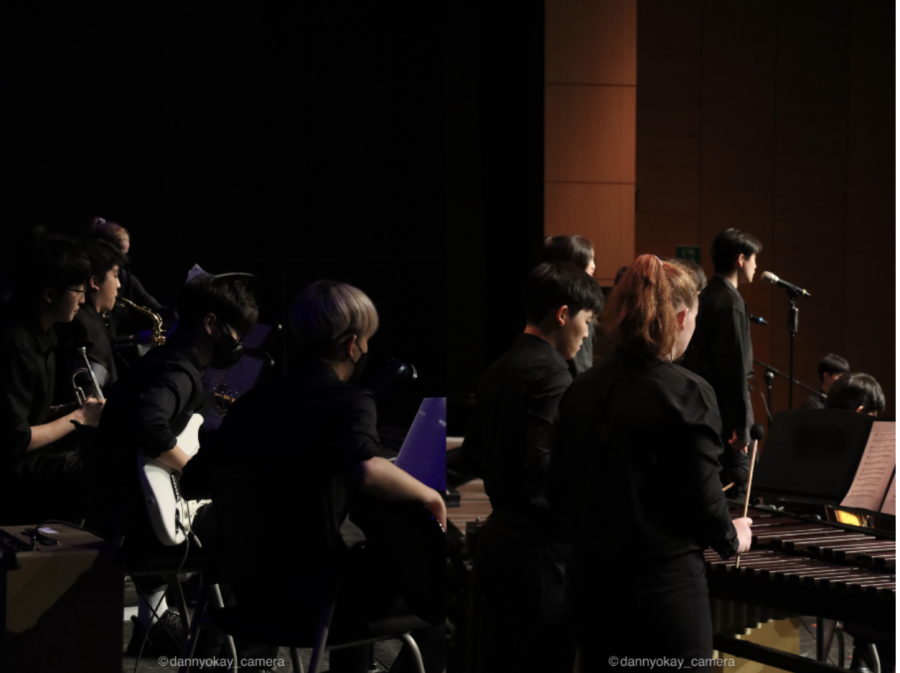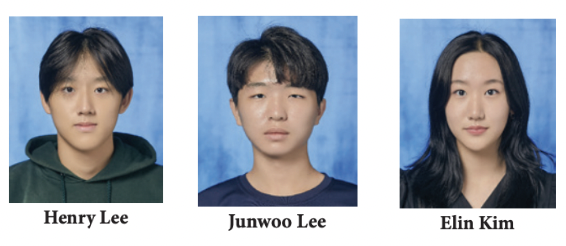Events like the Annual Fund are quite foreign to students. When asked about it, many do not even know of its existence. What is the Annual Fund? How does it work? If any, is there an intended meaning behind this yearly event?
Curious, I reached out to someone in charge of the Annual Fund. An opportunity to discover more about Annual Funding Week came in the form of an interview. Dr. Huh, in charge of external affairs and development at Chadwick International, was generous enough to share details about the Annual Fund, and her future hopes for this “culture.”
Annual funding is, in a literal sense, a yearly event where in a week, parents, students, and teachers can all chip in. Everyone in the school community can donate money, which will be used to advocate clubs and service projects assessed based on the school’s ideals. Students (or teachers), once they gain permission to use the money provided, then report their progress to the business office. For instance, the funds collected have helped the Philippines Service Learning (PSL) club with purchasing food supplies and books for people in the Philippines. Annual Funding has been a crucial part of certain councils and clubs, as often taking action requires funds.
The two goals Dr. Huh wishes to communicate seem to align with Chadwick’s mission and core principles.
First, the Annual Fund can educate students outside of conventional academic subjects. By adding financial duties to students’ projects and work, Dr. Huh states that students may grasp the notions of “accountability” and “management.” Students earn satisfaction and bliss both locally and globally by supporting minorities and groups in need of help, while also gaining the experience of managing financial duties first-hand.
Second, the funding week enforces the concept of “community,” a strong value that has been reiterated in this school constantly. The focus of the Annual Fund not only is its contribution to students’ projects and service, but also the donating culture this occasion wants students to recognize. Dr. Huh pointed out the cultural differences between South Korea and the United States. Because American schools took funds as operation fees, there was more eagerness when it came to donating. Thus, through the Annual Fund, Dr. Huh aims to cultivate this custom at Chadwick International.
Overall, the spirit of Annual Funding relies on consistency rather than the amount of money gained. Long-term steadiness is what propels a community’s development, and this is the same case for Annual Funding. Although the mindset development would be gradual, it would undoubtedly be immensely positive for more students to contribute to donations, and increase the participation rate. Similarly, when asked what hopes she has for future Annual Fund events, Dr. Huh replied that she wishes to see more students engage consistently and advance both as an individual and as a bonding community. Hopefully, this year’s Annual Fund will garner more recognition for the meaning it has in encouraging volunteerism for students, and more students will willingly participate with a positive mindset.
















